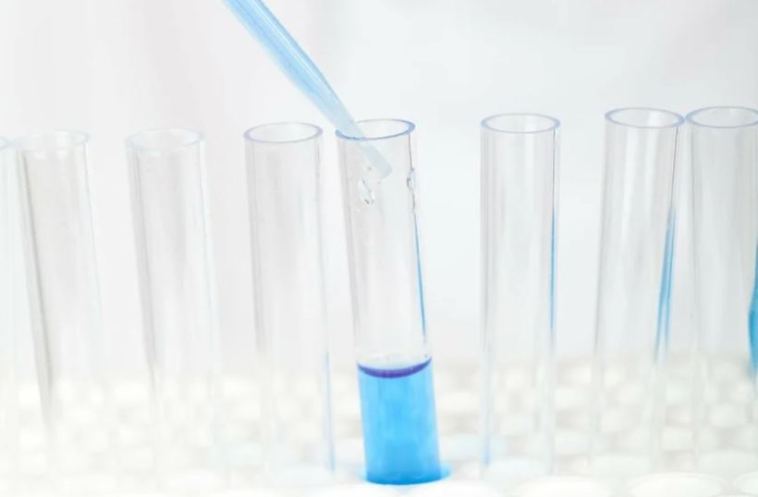- Like
- SHARE
- Digg
- Del
- Tumblr
- VKontakte
- Flattr
- Buffer
- Love This
- Save
- Odnoklassniki
- Meneame
- Blogger
- Amazon
- Yahoo Mail
- Gmail
- AOL
- Newsvine
- HackerNews
- Evernote
- MySpace
- Mail.ru
- Viadeo
- Line
- Comments
- Yummly
- SMS
- Viber
- Telegram
- JOIN
- Skype
- Facebook Messenger
- Kakao
- LiveJournal
- Yammer
- Edgar
- Fintel
- Mix
- Instapaper
- Copy Link
Introduction
Thymosin alpha-1 (T 1) is a 28-amino-acid peptide or small protein. The thymus gland normally produces T 1. The T 1 peptide signals the maturation and release of T lymphocytes from the thymus, which is positioned beneath the sternum and between the lungs. An adaptive immune system is only possible if the body’s T cells can detect and eliminate external intruders.
Peptide Therapy
A peptide is a tiny protein made up of a short sequence of amino acids bonded together—phenolic compounds found in nature number in the thousands. As signaling molecules, these tiny proteins have many functions in our bodies. Their primary function is to attach to receptors on the surface of cells, where they then communicate with neighboring cells and chemicals.
It’s becoming more common to practice peptide therapy, in which particular peptides are administered as part of a treatment. Due to their great specificity, well-tolerance, and safety, these peptides are primarily responsible for this. You can find Thymosin Alpha 1 for sale in case you are a researcher who wants to study it.
Important Immune Cells are Supported by T 1
T 1 has been demonstrated to boost the function of T and dendritic cells, two types of immune cells, in particular. White blood cells are essential for the body’s defenses; thus, anybody with a weakened immune system or infected should know this. Killer and helper T cells, for example, exist in two varieties. Viruses and bacteria are hunted down and killed by killer T cells in our bodies. They are accountable for this. In collaboration with other immune system cells, immune responses are orchestrated and carried out by helper cells.
In our body’s defensive mechanism, dendritic cells are of equal importance. This information is sent to the T cells, which take appropriate action to eliminate the infected or malignant cells and halt the infection or cancer progression.
In addition to its antibacterial and antifungal activities, Thymosin alpha has been demonstrated to inhibit tumor development, enhance vaccination efficacy, and defend against oxidative stress.
Thymosin Alpha One and Infection
According to research, people who are battling an illness have lower levels of circulating Thymosin alpha one and reduced helper T cell counts than healthy individuals. To recover from an illness, one must have a strong immune system. Subjects with infections or autoimmune diseases may benefit greatly from taking Thymosin alpha one supplements.
Thymosin alpha one has shown considerable promise in the therapy of Lyme disease, in addition to its usage in the therapy of hepatitis, AIDS, and cancer. As expected, given the importance of the immune system in fighting illness, this is not unexpected.
Therapy of Lyme disease with Thymosin 1 may help the immune system locate and eradicate the bacteria and affected cells while protecting the body from free radicals. This reduces inflammation and improves the quality of life during treatment.
Administering and Adverse Reactions
Subcutaneous injection or transdermal cream are also options for administering the Thymosin alpha one peptide. Thymosin alpha one is quite safe, and its administration has not been linked to any negative effects. Hepatitis B, hepatitis C, chemotherapy, and vaccinations are all licensed in more than 37 countries for treatment with this drug.


